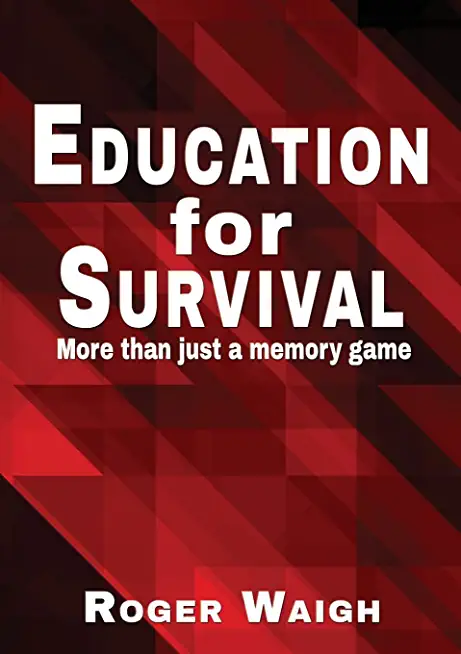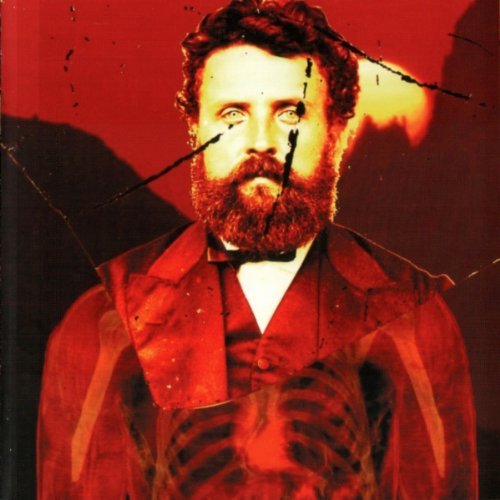
Education for survival is a critique of educational practice, based on the author's personal experience and forty years of teaching in universities, as well as observation of the progress of the author's children and grandchildren through school and university. The author concludes that a process of superficial learning, followed by exams and immediate forgetfulness, serves no useful purpose for the student or for society as a whole. Feats of memory are richly rewarded, to the exclusion of all other abilities. Much that has survival value, such as simple hygiene, is not taught or is treated as another academic subject, to be examined and then forgotten. Science is taught as history, without discovery or imagination, and most schools do not include subjects such as engineering. Many students decide that they cannot do maths because the subject is taught unsympathetically and too quickly, with the result that they cannot manage their own finances.
From the time that universities in England and Wales were obliged to charge tuition fees there has been a tendency to devise courses that are superficially attractive but add little to the student's employability. In many cases, a student who has common sense and a level of practical ability finds that an academic course does not suit them. On graduating they find jobs hard to find and society loses a potentially useful contributor. Schools often regard entry to university as a success but if the outcome is a loss of income, with no saleable skills, nobody gains.
Education for survival is presented as a series of essays that can be read separately, covering a wide range of topics from the education of politicians to the structure of the school day, provocative in parts but always constructive.







